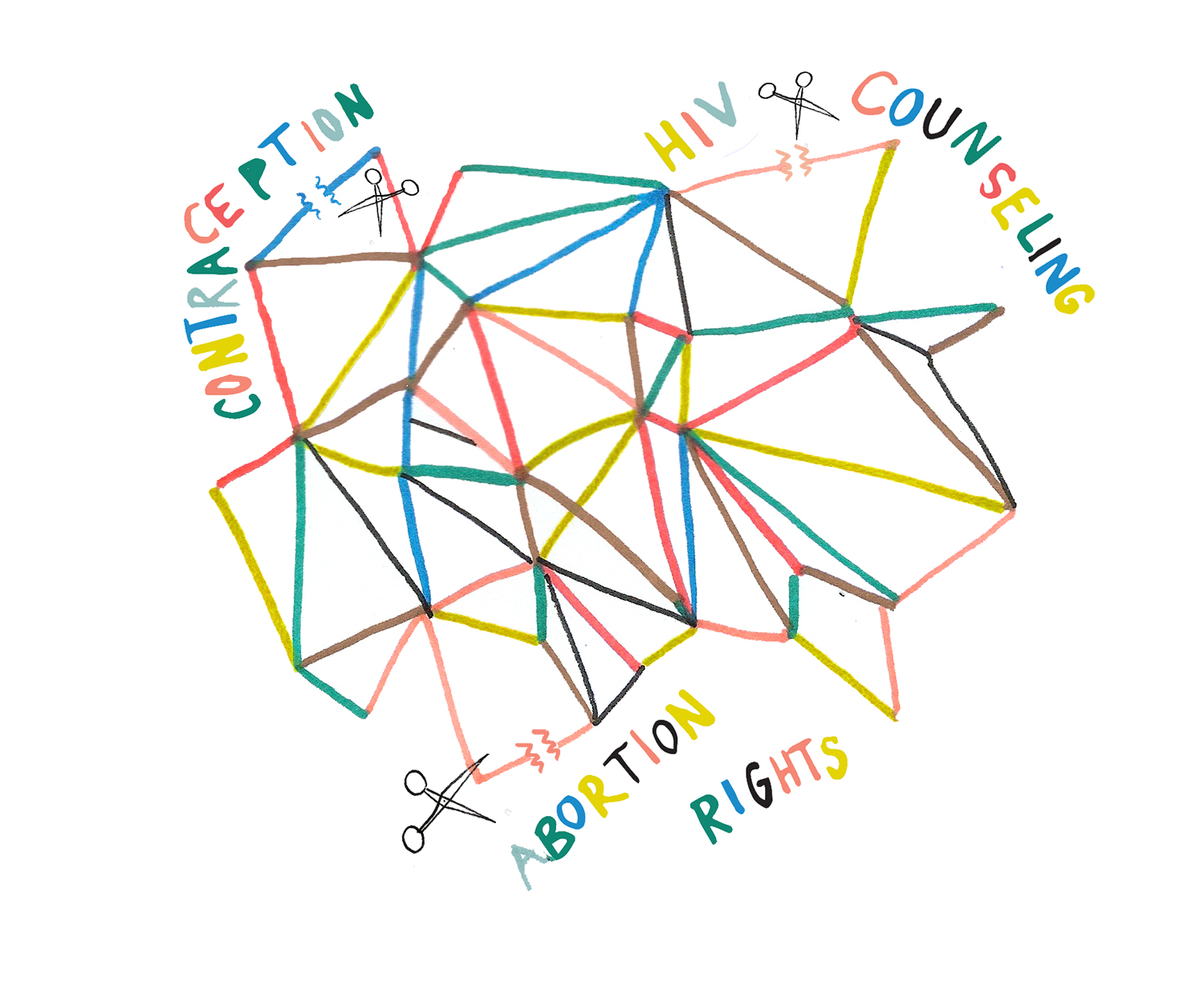In early October, the United States announced to the United Nations Education Scientific and Cultural Organization it will withdraw from the organization completely by the end of 2018.
“This decision was not taken lightly,” reads a statement on the U.S. State Department’s website. “It reflects concerns with mounting arrears at UNESCO, the need for fundamental reform in the organization and continuing anti-Israel bias at UNESCO.”
Until 2011, the U.S. paid 22 percent of UNESCO’s budget. By the time the U.S. fully leaves, it will owe UNESCO $600 million.
Robert Asaadi, adjunct professor of political science at Portland State, explained some of the Trump administration’s legal and political justifications for delinquency. “Since Palestine was admitted [to UNESCO] in 2011, the U.S. has not been able to contribute,” Asaadi said. “That stems from a law passed by Congress in the early 1990s that prevents the U.S. from supporting any UN entity that affords membership to Palestinians.”
The U.S. was one of only 14 states out of the 173 that voted against the inclusion of Palestine into UNESCO.
UNESCO is an international organization best known for its work protecting and maintaining more than a thousand world heritage sites around the world, though this is only a fraction of what it does.
“It’s not just about protecting some dusty old archeological site,” Asaadi said. “There’s a big agenda here, and [UNESCO] is really important as the UN’s institutional arm for human rights…They do a lot of important work, especially in states that experience conflict.”
Listed on its website are myriad projects and goals, including promoting environmental sustainability, gender equality, improved global education standards, better relationships between states in the U.N. and peace around the world.
PSU professor of political science David Kinsella described via email how the U.S. withdrawal from UNESCO can been seen the latest example in a broader trend where the Trump administration is walking away from multilateral arrangements such as the Paris Climate Accord, the Trans Pacific Partnership and the Iran nuclear deal.
“Call it anti-globalism, unilateralism, or the ‘Trump Doctrine:’ it goes over well with a segment of his political base, but also nationalist elements in other countries,” Kinsella said.
Although the U.S. was one of the founding members of UNESCO in November 1945, its relationship with the organization since has been rocky. In 1984, the U.S. made the decision to pull out of the organization under President Ronald Reagan.
“When Reagan withdrew the U.S. in 1984, he cited pro-Soviet bias in the organization as well as wasteful spending,” Kinsella said.
In 2003 under President George W. Bush, the U.S. rejoined UNESCO, but it was short-lived because in 2011, President Barack Obama withdrew monetary contributions to the organization.
“The U.S. lost its voting rights in 2013 after refusing to pay its bills,” Kinsella explained. “Beating up on UNESCO is easy for the U.S. It doesn’t cost the U.S. the same degree of credibility as other withdrawals do, simply because the U.S. has been at odds with UNESCO for so long and its leverage in the organization is much diminished.”
Despite the loss of support from the U.S., professor of political science Joshua Eastin says he believes the organization remains relevant. “[T]he tours of UNESCO World Heritage Sites…may be a significant boom for the areas where the sites are located; less so in developed countries like the U.S., but good for undeveloped countries.”
In Eastin’s view, despite the crucial work done by many international organizations, support and participation are not always readily available. He says he thinks that lack of funding may be “one of the biggest challenges, in general, that international institutions like UNESCO and the UN [will face].”
“I would just say that UNESCO activities touch a lot of peoples’ lives in a positive way, setting aside the controversies,” Kinsella said.






